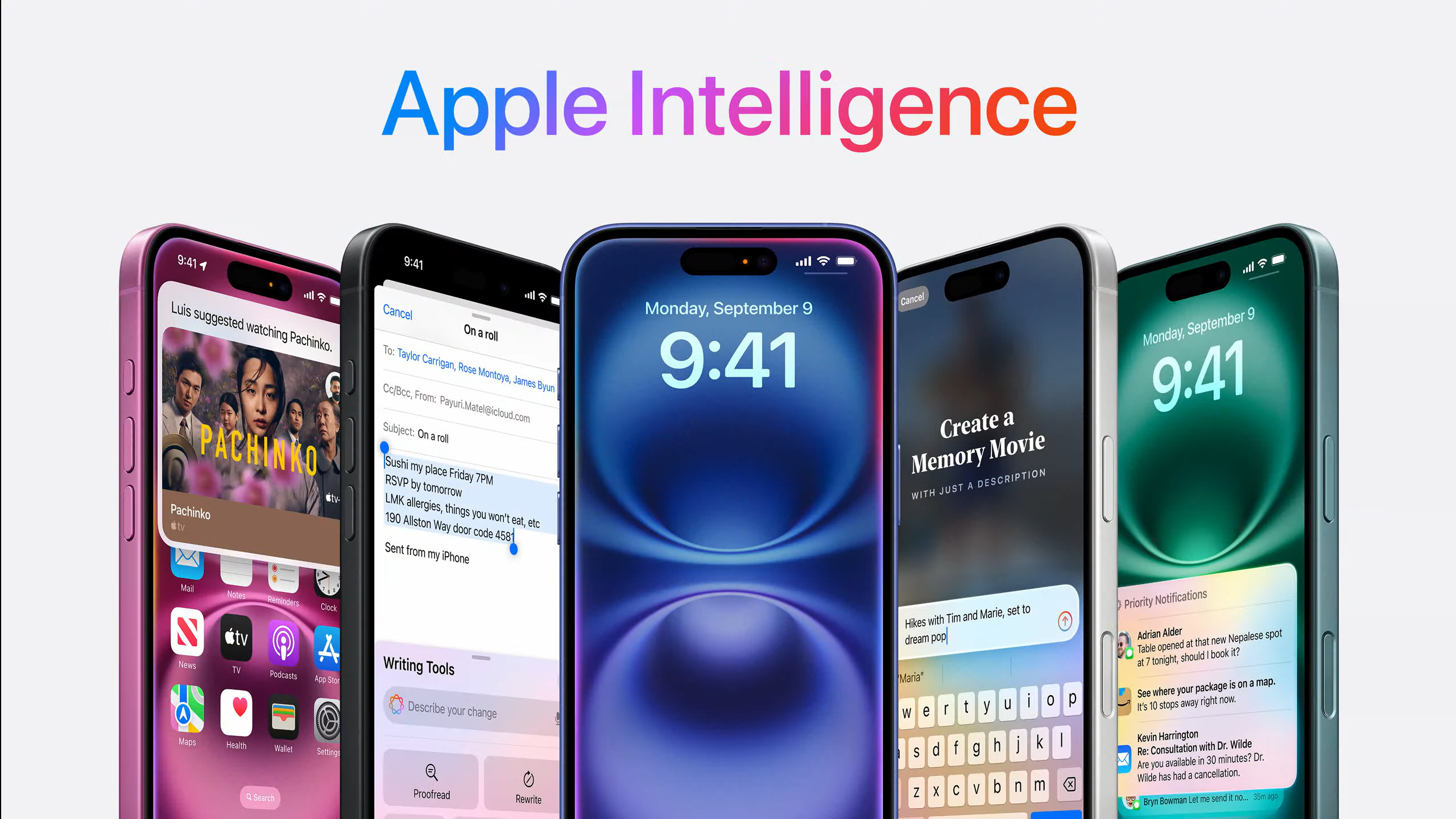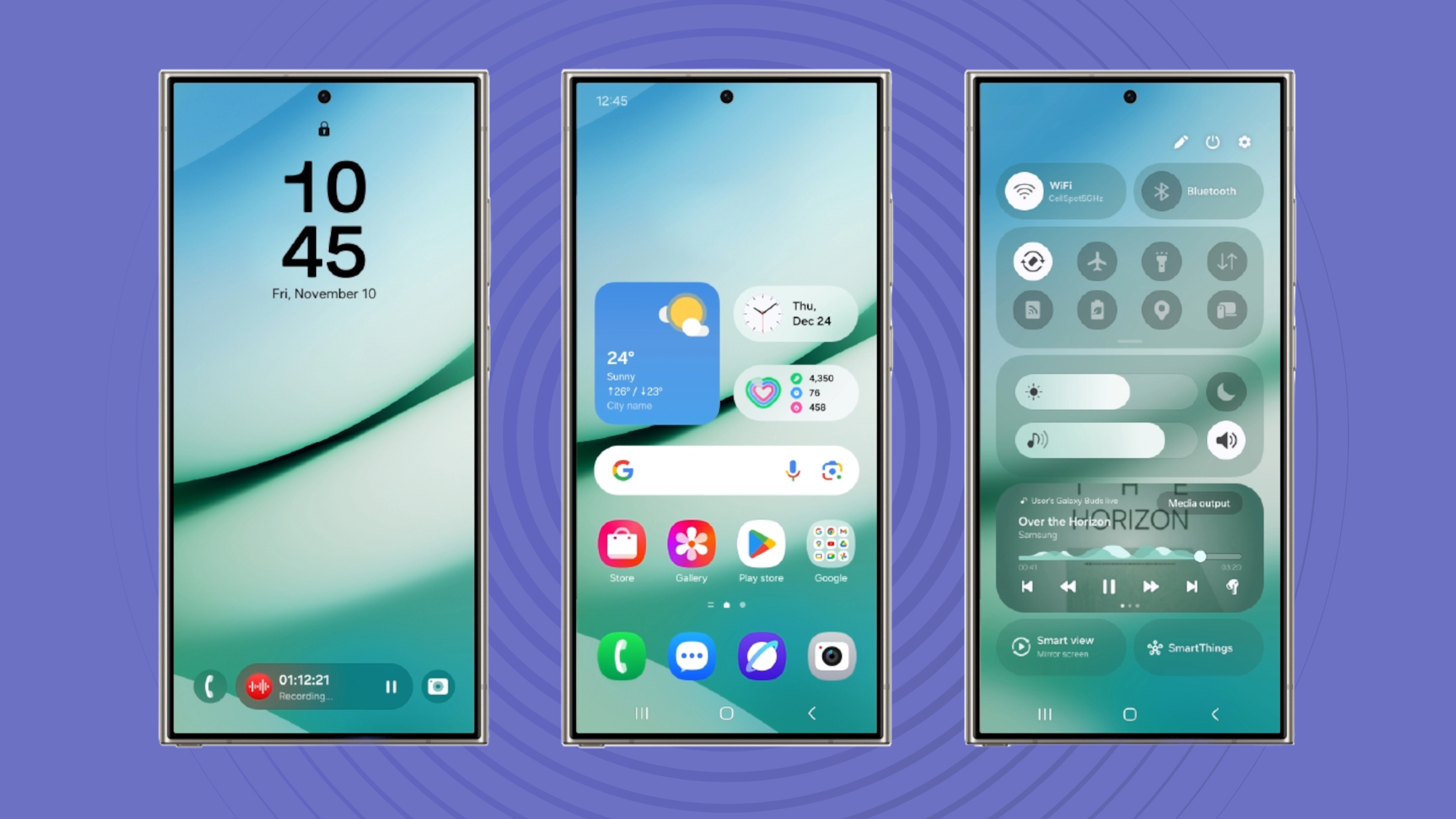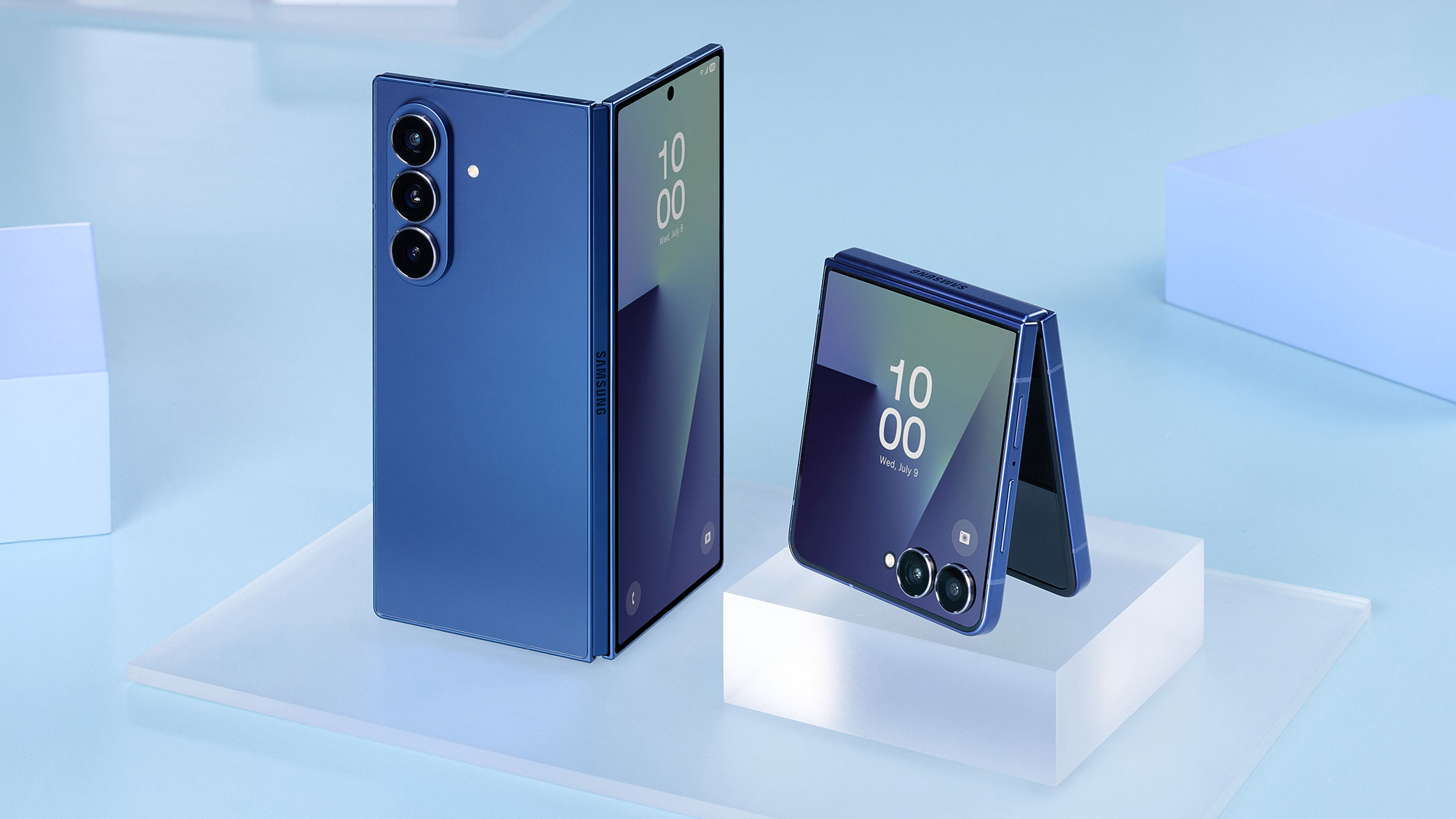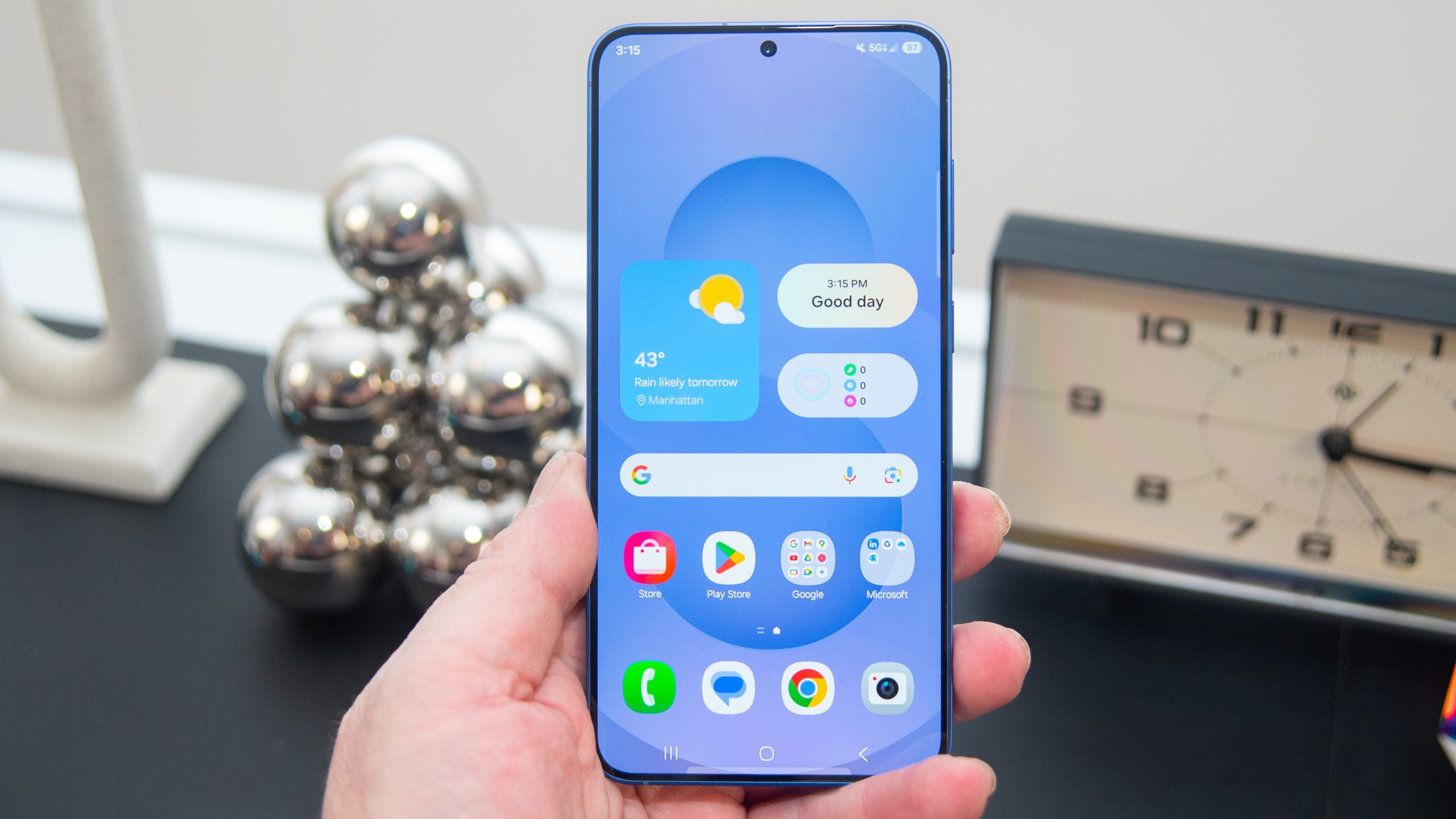In years past, tech fans and industry commentators alike would mock Apple when it came time for the launch of its interstitial S model iPhones, noting a lack of substantial change between, say, the iPhone X and iPhone Xs as compared to the wider rift between the iPhone X and iPhone 11.
Fast forward a few years, and Apple has ditched the S suffix altogether, instead marketing each year’s iPhone as a full-on numbered release. The iPhone 15 is followed by the iPhone 16 and so on.
However, the upgrades between each model don’t always feel like a full step forwards. We get some huge jumps – the iPhone 15 Pro to the iPhone 16 Pro, for example – and some tiny ones, like the iPhone 13 to the iPhone 14.
With last year’s launch of Apple Intelligence, though, it seems Apple figured out a way around the pesky realities of research and development: just launch the thing, and finish it later. What could possibly go wrong?

As it turns out, quite a lot. Apple Intelligence earned itself a place on our list of the biggest tech flops of 2024, and I still think of it it as an ill-defined, nebulous, and incomplete product, even though it now comprises a pretty robust suite of AI tools. All of that seemingly hasn’t stopped the trend from catching on, though, as one of Apple’s biggest competitors demonstrated this year.
I am, of course, talking about Samsung’s beleaguered One UI 7 update, which came to Galaxy users in April after months of delays. That would be a fairly normal sentence, if it weren’t for the fact that Galaxy S25, Galaxy S25 Plus, and Galaxy S25 Ultra users had been running One UI 7 on their phones since they launched in January, and the additional fact that Android 15, which One UI 7 is based on, had been out since October.
So, those who shelled out to secure a top-of-the-line Samsung phone earlier this year had been left running pre-release software, while customers who bought a high-end Galaxy phone even a year ago were left been left with betas and test versions of Samsung’s latest Android wrapper.
I recently recapped the One UI 7 drama and was left feeling hopeful by the quick reveal of One UI 8 alongside the upcoming Galaxy Z Fold 7 and Galaxy Z Flip 7 folding phones, so I’ll ease off Samsung for now. But there’s still a chance that the rollouts of Apple Intelligence and One UI 7 set a precedent for future updates and for using ‘finished’ products as testing grounds rather than full releases.

So, what now? Well, the biggest confirmed upcoming release on the mobile software calendar is without question iOS 26, which promises to bring a new design, overhauled default apps, and improved power efficiency to Apple’s mobile platform.
It’s looking good so far. Apple’s WWDC 2025 keynote didn’t spark any major controversies, and presented enough of iOS 26 that I’d normally feel pretty confident about the launch state of Apple’s next major software update.
And as mentioned, One UI 8 is on the way with Samsung’s next foldable phones, so keep an eye out for our Samsung Galaxy Z Fold 7 review and Samsung Galaxy Z Flip 7 review for a detailed look at Samsung’s new software (though the issue with One UI 7 was less about its function and more about how it was released).
However, the string of botched software launches in the last 12 months has got me wary. Though I obviously can’t blame Apple for the launch of One UI 7, nor Samsung for the launch of Apple Intelligence, it’s jarring that two of the world’s biggest tech companies managed to fumble two major launches in the same period.

As a resident of the TechRadar mobile computing desk, I know that both Apple and Samsung have the potential to put out fully-formed, innovative, and genuinely useful software. I’m hopeful that both can get back to this going forwards.
What do you think? Is this the start of a trend or just two coincidental slip-ups from two big tech heavy hitters? Let us know in the comments below.






